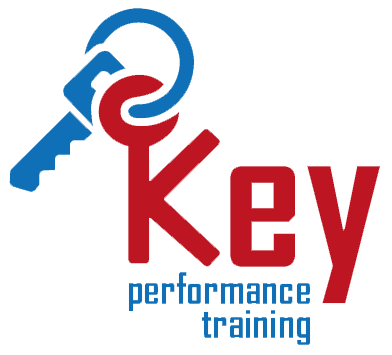
Cross- training employees can be a catalyst to a huge improvement in workforce productivity of any business. Here are the 5 main benefits of cross-training in the warehouse sector, however the advantages do not stop here, they are endless!
What does it mean to cross train an employee?
Cross-training is building the skills of your employees so that they can work in several different roles and carry out tasks even if they aren’t part of their main daily responsibilities. As a result, you, as the employer, can increase productivity in the workplace by making the maximum use out of the latent talents and skillsets of your employees.
For example, when summer is approaching and people are rushing into travel agents to book their last-minute holidays, if employees who usually handle telephone customer service enquiries are also trained to handle walk-in customers, then the travel agency will be more able to handle the increased demand.
Similarly, in the warehouse sector if someone in your team who usually works in production work could also operate forklift trucks you could move them temporarily to the loading team if there is a spike in demand. This prevents orders falling behind and increases the overall efficiency and effectiveness of your team.
Cross-training, specifically in the warehouse sector, is something that gets spoken about more than it is actually implemented. What is the main reason for that? Because people are simply unaware of the multitude of gain generated from this method. Hopefully after reading this blog post, you will be part of the percentage who are aware of the benefits, and will be tempted to use that knowledge to your advantage!
1. Great return on investment
The key to cross-training making a great return on investment is realising that the talent you are trying to outsource is most likely already within your business. Once you’ve had this realisation and act upon it, you are likely to see ways to boost to your bottom line.
2. Improved employee retention
A study conducted at the university of Warwick via Forbes found that on average, happy and engaged employees are 12% more productive than their unhappy counterparts. Cross-training has a significant effect on individual employee happiness because with a broader range of skills employees will feel as though they are being invested in and in return will become more engaged. Continuously focusing on the skillset of your existing employees rather than trying to recruit new employees with prior qualifications, will keep long term employees more committed to stick around.
3. Reduced impacts when employees are absent
This is a fairly straightforward benefit but often people do not realise the extent of a positive impact having cross-trained employees can have when absence occurs. For example, if your business has 10 employees and each of them have a total of 25 holidays per year that would be a total of 250 days a year where at least 1 person’s list of responsibilities are not getting completed. Does that sound efficient to you?
When your work-force is “cross-fit”, you will be able to substitute somebody from a less busy shift or a different sector who has the knowledge to cover for the absent employee. As a result, a significant increase to the number of responsbilities and tasks that are being completed will arise and the productiveness\output of the company will expand.
Ideally, even in a small company, you would have three people or more who could do any single job – even if only to ‘hold the fort’ professionally for a shift or a day. There is a direct link between the competency of your people and the confidence your customers have in you as a supplier.
4. Better employee collaboration
There are two types of employees. Those who have just expertise in one area (not cross-trained) and those who have expertise in one particular aspect but also still have a broad knowledge of other aspects in the company (cross-trained). When you are the non-cross trained type of employee you are hyper-focused to that one particular area and therefore find it difficult to collaborate with those in other sectors of your company.
Good collaboration is crucial within a company as it allows you and a team to solve problems together, speeding up the process of finishing a task and avoiding breakdowns in communication.
5. Makes your company more agile
The actual process of cross-training employees may reveal areas of strengths and weaknesses in employees. Throughout the on-the-job-training hidden talents and strengths may be revealed that means people would work better in another area or field of the business. You can then change people around accordingly. This makes your company more agile and responsive to change as-well as increasing flexibility when needing to fill last minute absences.
Being an agile company has a range of benefits such as more resilience, quicker decision making, more collaborative and also quick mobilization.
How Key Performance Training can help your business with cross-training
Key Performance Training based in Swindon and RTITB Approved, can unlock your potential with novice, refresher, experienced courses in Forklift Training, First Aid, Health and Safety and Fire Marshall Training, amongst others, at regular times throughout the year in a specifically designed training centre or on-site at your own location , amongst others, at regular times throughout the year in a specifically designed training centre or on-site at your own location if you prefer. From individual training to large scale corporate roll outs.

david.gearon@keyperformancetraining.co.uk
